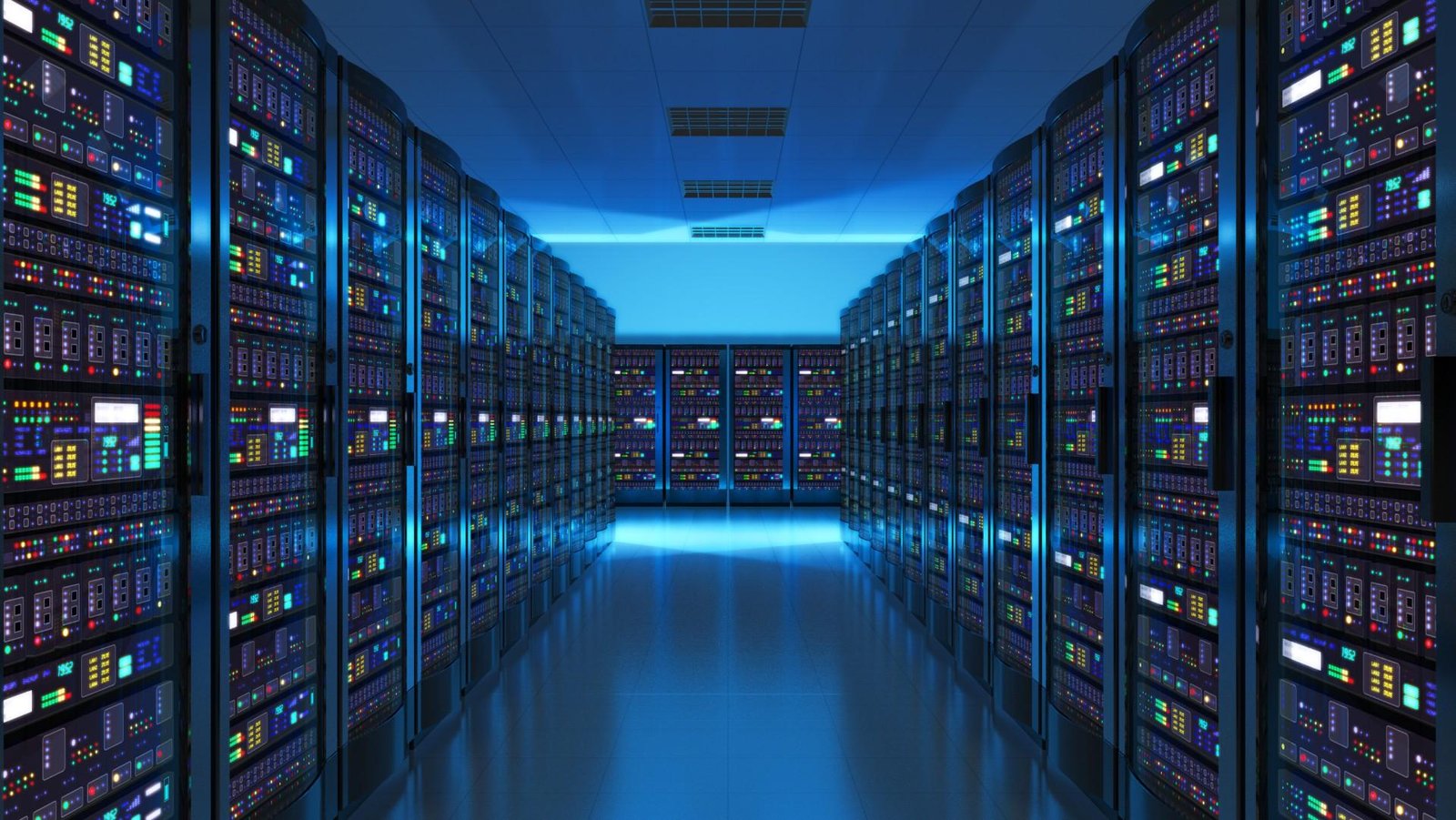In the rapidly evolving landscape of technology and digital transformation, data centers have emerged as the cornerstone of global connectivity and information exchange. These centralized facilities are designed to house computer systems, networking equipment, and storage that enable the seamless flow, processing, and management of massive volumes of data. As organizations increasingly depend on cloud computing, artificial intelligence, and big data analytics, the role of data centers has expanded exponentially. They are no longer mere storage units—they are the engines powering the modern digital economy.
A data center is typically equipped with redundant power supplies, climate control systems, advanced security protocols, and high-speed connectivity to ensure uninterrupted service and reliability. From e-commerce and social media to banking and healthcare, nearly every sector relies on the efficiency and resilience of data centers. As the demand for digital services grows, so does the need for scalable, sustainable, and intelligent data center infrastructure that can support critical workloads around the clock.
There are several types of data centers tailored to different business needs. Enterprise data centers are built and managed by companies for internal use, while colocation data centers provide rented space and resources to multiple organizations. Cloud data centers are operated by major service providers such as Amazon Web Services (AWS), Microsoft Azure, and Google Cloud, offering flexible, scalable solutions to businesses worldwide. Hyperscale data centers, which contain hundreds of thousands of servers, support the growing demands of cloud computing and big data analytics with unparalleled efficiency and performance.
As digital adoption accelerates, emerging technologies are reshaping the design and operation of data centers. Edge computing, for instance, brings data processing closer to the source of data generation—such as IoT devices—reducing latency and improving real-time responsiveness. This decentralized model complements traditional centralized data centers by enabling faster and more localized processing. Meanwhile, advancements in automation, artificial intelligence, and machine learning are optimizing resource allocation, energy usage, and predictive maintenance within data center environments.
Sustainability has become a top priority in the data center industry, given their significant energy consumption. Green data centers are being developed with energy-efficient hardware, renewable energy sources, and sustainable design practices to reduce carbon footprints. Innovations like liquid cooling systems, AI-driven energy management, and modular architecture are helping operators minimize environmental impact without compromising performance. These practices not only support global climate goals but also improve operational cost efficiency.
Security is another critical concern for data center operators and clients alike. With cyber threats becoming more sophisticated, modern data centers employ robust physical and cybersecurity measures. Biometric access control, surveillance systems, firewalls, intrusion detection systems, and encryption protocols work in tandem to protect sensitive data and ensure compliance with regulations like GDPR and HIPAA. A secure data center is essential for maintaining trust, safeguarding intellectual property, and preventing costly data breaches.
The global data center market continues to witness rapid expansion, driven by increased internet penetration, the proliferation of smart devices, and the rise of remote work. According to market analysts, the data center industry is projected to grow at a significant compound annual growth rate (CAGR) over the coming years. North America holds the largest share of the market due to early adoption and high digital dependency. However, Asia-Pacific is expected to experience the fastest growth, fueled by digital transformation initiatives, expanding IT infrastructure, and supportive government policies in countries like India, China, and Singapore.
Data center providers are investing heavily in advanced infrastructure to stay ahead in this competitive landscape. The construction of hyperscale campuses, expansion of colocation facilities, and integration of AI-driven management systems are setting new benchmarks in efficiency and service delivery. Strategic partnerships between cloud service providers, telecom companies, and real estate developers are further shaping the future of data center development. These collaborations aim to meet the escalating demand for high-performance computing, data storage, and uninterrupted service availability.
The shift to hybrid and multi-cloud environments has also influenced the evolution of data center strategies. Businesses are now combining on-premises data centers with public and private clouds to optimize costs, performance, and security. This hybrid approach enables flexibility in workload deployment and enhances disaster recovery capabilities. As a result, data centers are evolving into more dynamic, agile, and service-oriented platforms that align with modern business needs.
Source - https://www.marketresearchfuture.com/reports/data-centre-market-4721
Data centers are the unsung heroes behind our hyper-connected world. They play a pivotal role in enabling digital innovation, economic growth, and technological progress. As businesses continue to embrace digital transformation, the demand for more intelligent, secure, and sustainable data center solutions will only increase. From edge computing to green energy, the future of data centers lies in embracing innovation and resilience. For organizations aiming to thrive in the digital age, investing in modern data center infrastructure is not just a necessity—it’s a strategic imperative.




